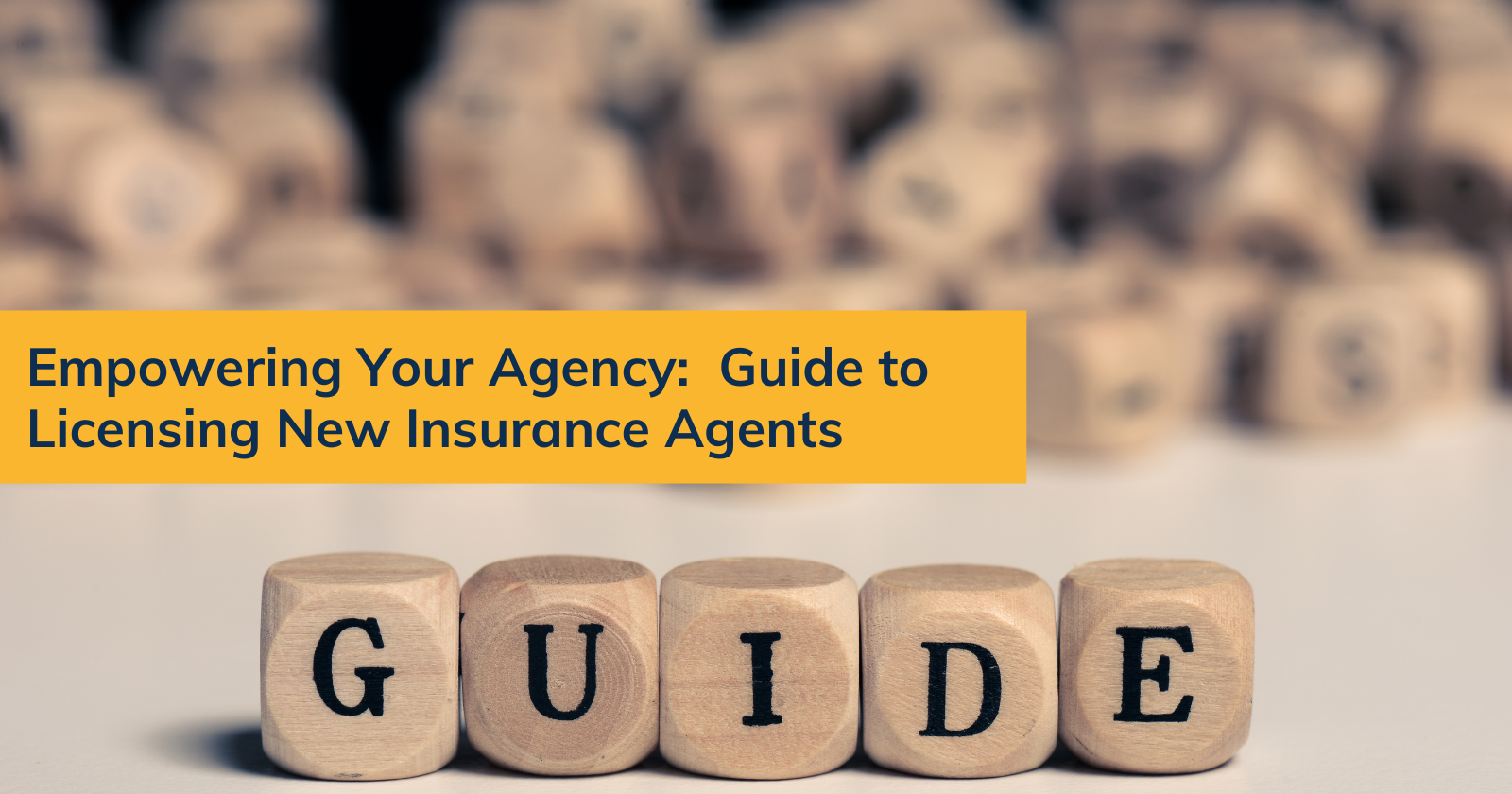
Establishing Basic Eligibility
The first step in preparing your new agents for success is to ensure they meet the basic eligibility criteria for licensure. In most states, these requirements include:
- Age and Legality: Candidates must be at least 18 years old, signifying legal adulthood and the ability to enter into professional contracts.
- Legal Background: A clean legal record, free from fraud or felony convictions, is essential to establish trustworthiness in the field.
- Financial Responsibility: Prospective agents must be clear of any outstanding federal or state tax liabilities.
- Background Verification: A thorough background check is mandatory to affirm the candidate’s integrity and reliability.
Pre-licensing Education: Laying the Groundwork
Before sitting for the licensure exam, your agents must complete pre-licensing education. This training covers the essentials of insurance principles and practices, with varying credit hour requirements:
– Life Insurance: Typically 20 to 40 hours.
– Health Insurance: Generally 20 to 40 hours.
– Combined Life & Health: Usually 40 to 52 hours.
This foundational step is crucial for equipping your agents with the necessary knowledge to navigate the insurance landscape.
The Licensure Exam
The licensure exam, covering a wide array of insurance topics, is rigorous. Preparation is key, with passing rates indicating the exam’s challenging nature:
– Life Insurance: 62.9%
– Health Insurance: 60.4%
– Combined Life & Health: 64.8%
Each exam attempt incurs a fee, underscoring the importance of thorough and effective study strategies to ensure success.
Formalizing Licensure Post-Exam
After successfully passing the exam, the next phase involves formal application for licensure. This process includes submitting exam scores, fulfilling application requirements, and paying any associated fees to the state insurance regulatory body.
Commitment to Continuing Education
Maintaining licensure is an ongoing process that requires continuous education. Agents must complete at least 24 hours of continuing education every two years, including ethics training, to stay informed and adhere to industry standards.
This continuous learning pathway not only enhances knowledge and skills but also fortifies the ethical foundation crucial for professional integrity in the insurance sector.
Building a competent, reliable team of insurance agents begins with a structured and informed approach to licensing. By guiding your new agents through the eligibility, education, examination, and continuing education phases, your agency not only ensures compliance but also fosters professional growth and success in the competitive insurance industry. Embrace this journey as an investment in the future of your agency and the career development of your agents, leading to a mutually prosperous outcome in the insurance realm.


